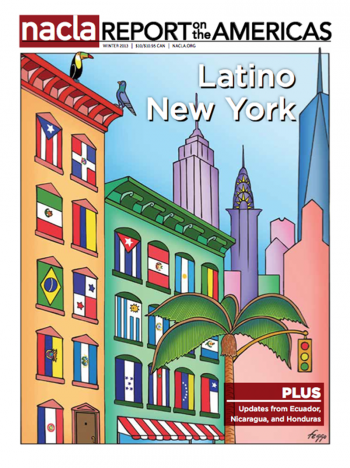Reviews
It is all too easy to find yourself on one extreme or the other regarding the inexorable march of modernity and the associated disappearance of indigenous cultures. The benefits of electricity, running water, and sewage systems are obvious, followed by literacy and education, in enabling economic development and trade in our increasingly globalized world.
Before I ever heard marero, a word commonly used in El Salvador and the United States to describe a gang member, I vividly remember walking home from school in the late 1980s with my older brother and cousins and witnessing the rounding up of youth in our Los Angeles neighborhood. Yellow police tape often blocked off sidewalks, and police sirens kept us up at night.
In early 1969, ten years after the triumph of the Cuban Revolution, eminent U.S. anthropologist Oscar Lewis arrived in Havana to undertake an unprecedented oral history project. Focusing on former slum dwellers transferred to government-built housing, Lewis and a bi-national team of collaborators sought to test whether targeted beneficiaries of socialist state building had escaped what the University of Illinois professor called, controversially, the “culture of poverty.”
These two books treat relations between the United States and Cuba. They show in detail the formulation and impact of U.S. policy on the island over time and discuss Cuban initiatives and responses. They also look at international events. Both include brief historical summaries starting from the war of 1898.
Leonardo Padura Fuentes was born in Havana and grew up in the dusty popular neighborhood of Mantilla, in the south of the city where his grandfather was born. He studied at the local pre-university and then at the University of Havana—philology and Latin American literature, though he wanted journalism.

